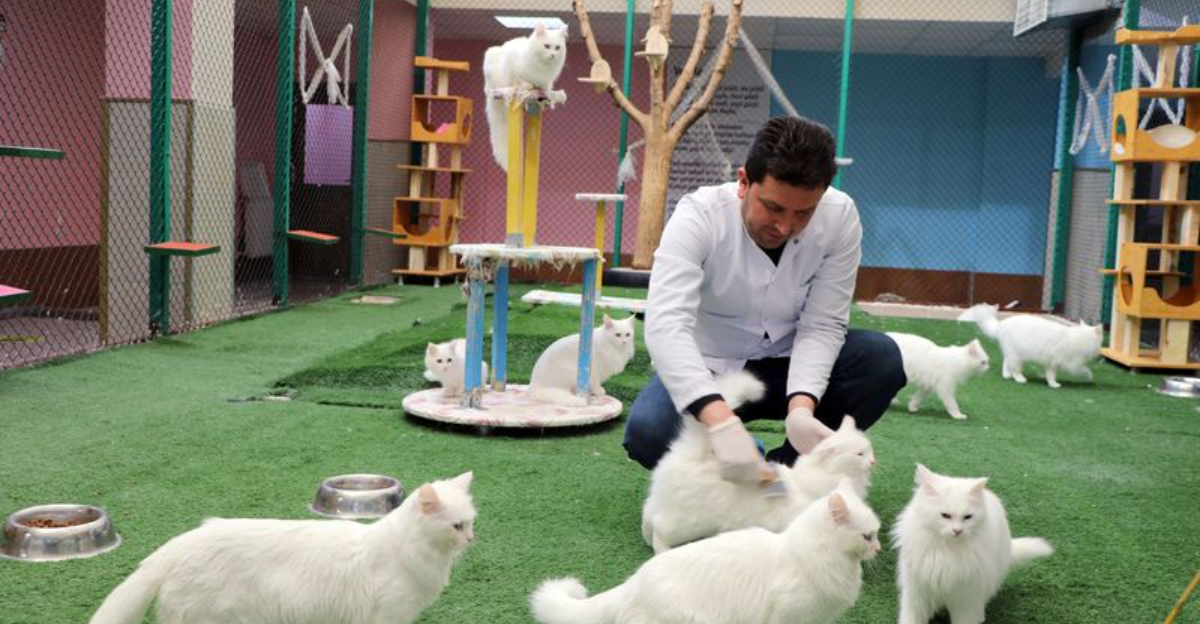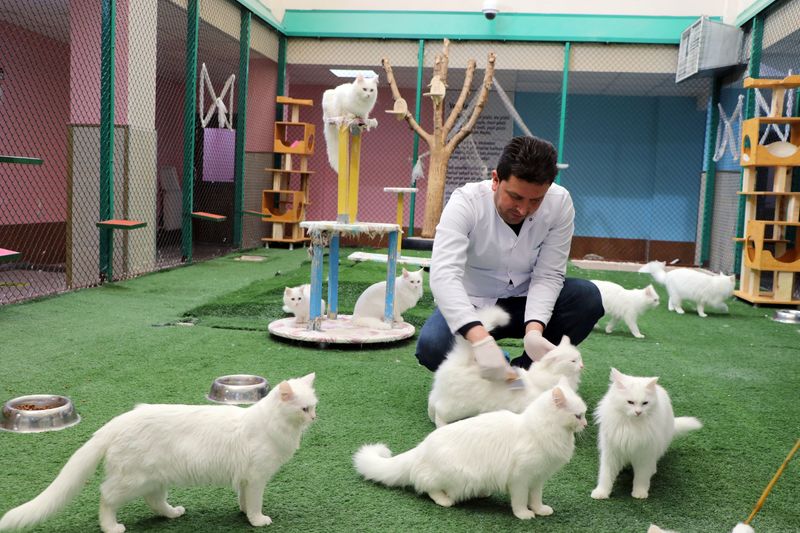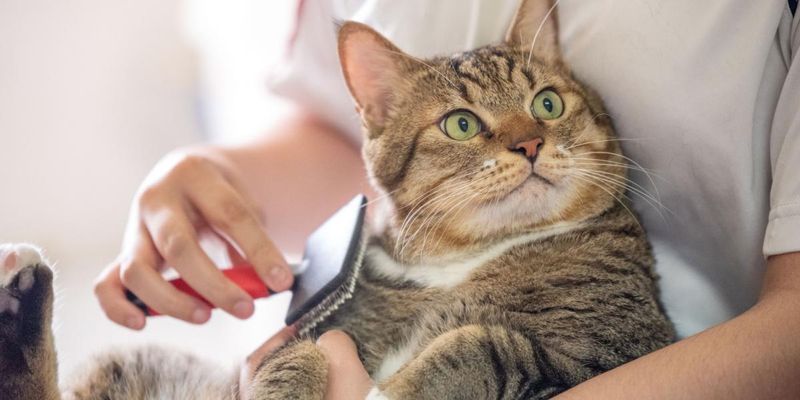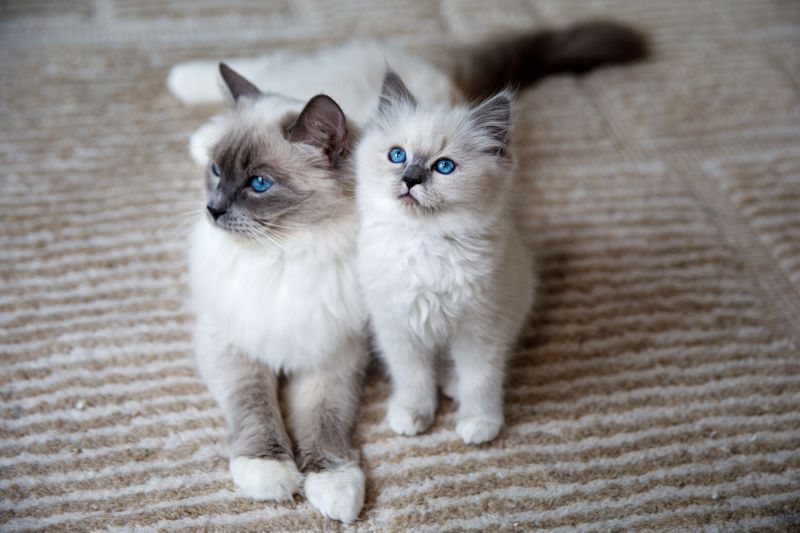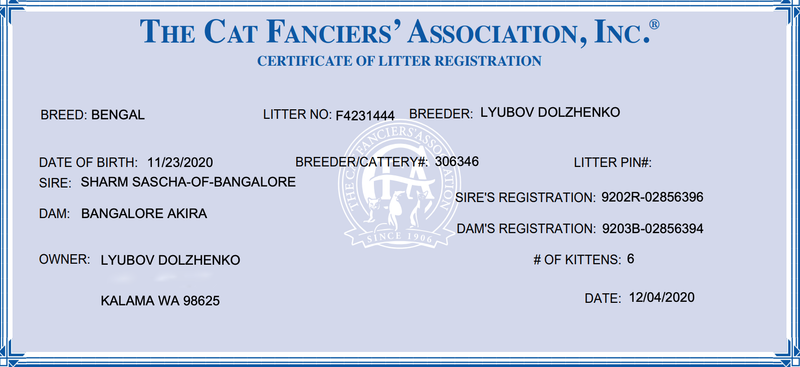📖 Table of Content:
- 1. No Health Guarantees or Vet Records
- 2. Won’t Let You Visit the Breeding Facility
- 3. Always Has Kittens Available
- 4. No Questions About You as a Buyer
- 5. Breeds Multiple Cat Breeds at Once
- 6. Cats Appear Fearful or Unhealthy
- 7. No Pedigree or Registration Papers
- 8. Pressure to Buy Quickly or Pay Upfront
- 9. Sketchy Online Presence or Poor Reviews
Choosing the right cat breeder is one of the most important decisions you’ll make when bringing a new feline into your life. While the perfect kitten may steal your heart in seconds, the process behind how that kitten was bred, raised, and cared for matters just as much—if not more. An ethical, experienced breeder ensures the health, temperament, and well-being of their cats, setting you and your new companion up for a happy, lifelong bond.
Unfortunately, not all breeders operate with integrity. With the rising popularity of purebred cats, the market has also seen a surge in backyard breeders and kitten mills driven more by profit than animal welfare. These operations often cut corners, ignore basic health protocols, and subject cats to poor living conditions—leaving unsuspecting buyers with sick or poorly socialized pets.
That’s why it’s essential to know the warning signs. In this article, we’ll break down nine red flags that should send you running in the opposite direction. Whether you’re a first-time cat parent or a seasoned pro, these tips can help you avoid heartbreak and ensure you find a breeder who truly puts their cats first.
1. No Health Guarantees or Vet Records
A reputable breeder will always provide proof of vet checkups, vaccinations, and health screenings. If a breeder avoids or dismisses these documents, it’s a significant warning sign. Health guarantees are not just a formality; they assure you of the kitten’s well-being and the breeder’s commitment to ethical practices. Always ask for these records upfront, and don’t settle for vague assurances or evasive answers. If the breeder is unwilling to share this information, it might indicate careless breeding practices or lack of necessary medical care. Ensuring your kitten’s health from the beginning is invaluable.
2. Won’t Let You Visit the Breeding Facility
Transparency is key when choosing a breeder. If a breeder refuses to let you see where the cats live, they might be hiding poor conditions, overcrowding, or neglect. A visit to the breeding facility allows you to assess the living conditions, cleanliness, and overall well-being of the cats. Reputable breeders will welcome your visit and be proud to show their facilities. If entry is denied, it raises concerns about what they might be hiding. Always insist on a visit, and if they refuse, consider it a clear red flag. Protecting the cats’ welfare should be a priority.
3. Always Has Kittens Available
Ethical breeders have limited litters per year and often a waiting list for their kittens. Constant availability of kittens can indicate a kitten mill setup where profit outweighs the cats’ health and well-being. These operations often compromise on proper care, leading to unhealthy and poorly socialized cats. Ask the breeder how many litters they have each year and how they manage them. A continuous supply of kittens is a red flag that should not be ignored. Prioritize breeders who focus on quality over quantity, ensuring each kitten receives individual attention and care.
4. No Questions About You as a Buyer
Good breeders care deeply about where their kittens go and will ask about your lifestyle, experience, and home setup. If a breeder is more focused on selling the kitten than understanding your ability to provide a loving home, it may indicate they are more interested in profit than animal welfare. Expect questions about your household, pets, and plans for the kitten. If these inquiries are missing, consider it a red flag. A responsible breeder wants to ensure a good match between you and the kitten. Engaging in a two-way conversation is essential for a successful adoption.
5. Breeds Multiple Cat Breeds at Once
Specializing in one or two breeds shows dedication and knowledge. A breeder offering five or more breeds may lack proper expertise or be running a high-volume operation. Managing multiple breeds requires extensive resources and know-how, often leading to compromised care. Ask the breeder how many breeds they work with and why. A focus on specific breeds typically results in healthier, well-bred kittens. Be cautious of those offering a wide variety, as it may indicate a lack of depth in their breeding practices. Quality breeding demands focus and expertise in chosen breeds.
6. Cats Appear Fearful or Unhealthy
During visits or video calls, observe the cats’ behavior and appearance. Signs of fear, poor grooming, or illness should not be ignored. Healthy kittens are curious, clean, and well-socialized. If the cats appear anxious or show visible signs of neglect, it’s a serious concern. These symptoms may indicate poor living conditions or inadequate care by the breeder. Always pay attention to the cats’ environment and interactions. A responsible breeder will ensure their cats are comfortable and well-taken care of. Don’t shy away from walking away if you sense something is amiss.
7. No Pedigree or Registration Papers
Even if you’re not planning to show your cat, registered breeders follow strict breeding standards. A lack of pedigree or registration papers often suggests unauthorized or careless breeding practices. These documents verify the kitten’s lineage and the breeder’s adherence to recognized standards. Always ask for these papers to understand the kitten’s background. Without them, you risk bringing home a cat with unknown health or genetic issues. A trustworthy breeder will provide all necessary documentation without hesitation. Ensure you verify the authenticity of the papers provided.
8. Pressure to Buy Quickly or Pay Upfront
High-pressure tactics, especially demands for full payment before you’ve seen the kitten, can signal a scam or shady operation. A reputable breeder will allow you time to make an informed decision and won’t rush you. Be wary if the breeder insists on urgent commitments or upfront fees. This could indicate they are more interested in your money than the welfare of their cats. Take your time to assess the breeder and the kitten. If you feel pressured, walk away. A responsible breeder values a thoughtful match over a quick sale.
9. Sketchy Online Presence or Poor Reviews
Do your homework before selecting a breeder. A lack of online presence, bad reviews, or multiple complaints on forums or social media is a huge red flag. Reputable breeders maintain a transparent online presence with plenty of positive feedback from previous buyers. Look for reviews and testimonials that vouch for their ethical practices and quality of care. If you encounter negative reviews or find it difficult to verify their credibility, proceed with caution. An established breeder will have a history of satisfied customers and a solid reputation online.
